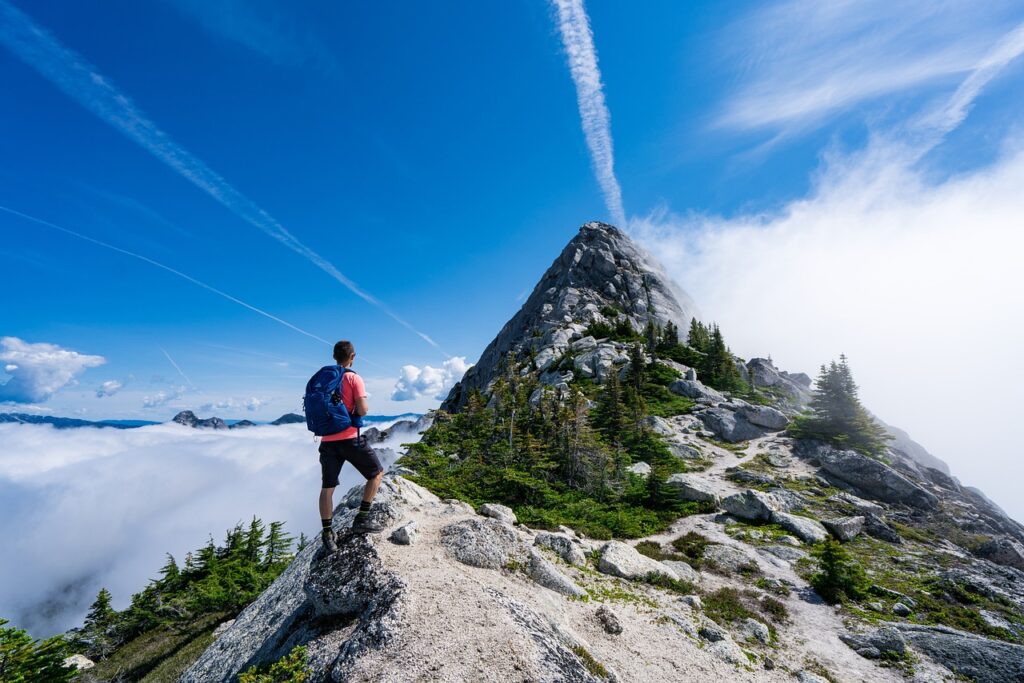A survey by the Cairn Consulting Group showed the growing trend of North Americans embracing the outdoors. According to the report, a staggering 94.5 million households are now actively engaging in camping activities across the continent. In the United States alone, 48.2 million households delved into the camping experience in 2020, with an impressive 10.1 million households venturing into camping for the very first time (Cairn, 2020). With this surge in camper numbers, the question arises: What’s the allure of the great outdoors?
Camping, it turns out, offers a myriad of benefits that extend beyond just a breath of fresh air. In essence, camping proves to be a holistic boon for both the body and the mind. The advantages include fostering relationships, acquiring new skills, disconnecting from screens, communing with nature, stress relief, and a boost in physical fitness. The health perks of camping are well-documented, with research indicating that outdoor physical activity and a sense of connection to nature contribute significantly to psychological well-being (Carpenter and Harper, 2015).
Activities like walking in forests and engaging in outdoor pursuits have been proven to uplift mood, enhance focus, and increase attention and cognitive capacity. Notably, substantial improvements in self-esteem are linked to physical activities in natural settings. The demands of backpacking, tent setup, hiking, fishing, and exploration all amount to exercise, playing a pivotal role in overall health and well-being. Moreover, outdoor physical activity correlates with a reduction in depressive thoughts, while sleeping under the stars aids in regulating the natural circadian rhythm, promoting high-quality sleep and overall health (National Park Service, 2019).

Given the plethora of health benefits, one might wonder why anyone wouldn’t want to embrace camping. For those new to the camping scene, the key is to start small and gradually build up the experience. Consider a camping trip close to home, whether it’s pitching a tent in the backyard or exploring nearby hiking trails. Backpacking trips close to home offer a light-packing option for overnight adventures, requiring less planning and allowing for scheduling flexibility. As comfort with camping grows, the opportunity to explore state and national parks or various campgrounds across the country becomes an enticing prospect.
Whether you’re camping in your backyard or a designated campground, the time spent camping proves to be time well invested, with a multitude of health benefits enhancing your overall quality of life. Finding the right appliances for camping outdoors (going off-grid!) is of utmost importance. Camping requires careful planning and the use of products that enable self-sufficiency. Here’s a list of essential products for camping:
-
Tent: A durable and weather-resistant tent to provide shelter and protection from the elements.
-
Sleeping Bag: A quality sleeping bag suitable for the expected temperatures, ensuring a comfortable night’s sleep.
-
Sleeping Pad: A sleeping pad to provide insulation from the cold ground and add an extra layer of comfort.
-
Backpack: A reliable backpack to carry all your essentials and keep your hands free while exploring the campsite.
-
Portable Stove or Campfire Equipment: Depending on the camping regulations and facilities, bring a portable stove or equipment for a campfire to cook meals and stay warm.
-
Cooking Utensils and Cookware: Lightweight pots, pans, and utensils for preparing and cooking meals in the outdoors.
-
Headlamp or Flashlight: Essential for navigating around the campsite in the dark or finding your way to the bathroom at night.
-
Multi-Tool or Knife: A versatile tool for various tasks, including cutting, opening cans, and other camping needs.
-
Water Filtration System: Ensure access to clean drinking water by bringing a portable water filtration system or purification tablets.
-
Weather-Appropriate Clothing: Pack layers, including waterproof and insulated clothing, to be prepared for changing weather conditions.
-
First Aid Kit: A well-stocked first aid kit to handle minor injuries and emergencies.
-
Map and Compass or GPS: Navigation tools to help you explore the area and find your way back to camp.
-
Solar Panels: Capture and convert sunlight into electricity to power appliances and devices.
Source: (i) Cairn Consulting Group. (2020, October 1). The 2020 North American camping report. Kampgrounds of America. (ii) Carpenter, C., & Harper, N. (2015). Health and wellbeing benefits of activities in the outdoors. In Routledge international handbook of outdoor studies (pp. 59-68). Routledge.
Photos: PIXABAY



